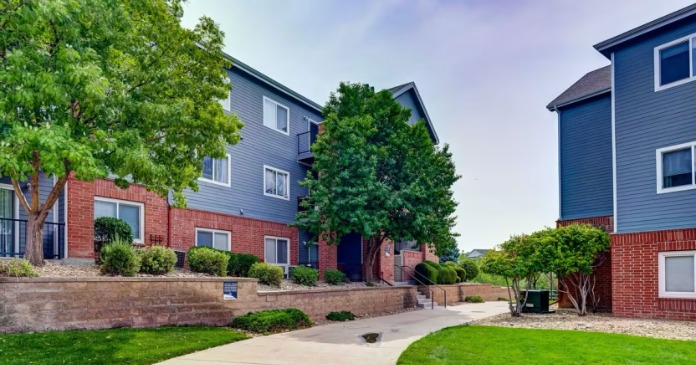A new CBRE survey finds a wide disconnect on pricing expectations between buyers and sellers as a consequence of the COVID-19 pandemic that is weighing on commercial real estate investment activity.
The CBRE survey found that 61 percent of buyers are looking for discounts from pre-pandemic prices and only 9 percent of sellers willing to offer such discounts. Among buyers looking for discounts, nearly three-quarters were for office or retail properties. For suburban office, 95 percent of investors were looking for discounts, with no sellers willing to reduce their price.
“Buyers and sellers remain apart on many asset types, especially value-add where the bid-ask spread remains wide. Uncertainty about how to underwrite net operating income will remain until the pandemic is under control,” said Chris Ludeman, Global President of Capital Markets for CBRE. “Despite disruption of segments of the commercial real estate industry, cap rates have remained relatively stable and in fact have gone down for the best industrial and multifamily assets. There is no shortage of equity capital, both foreign and domestic, targeting real estate and debt markets are increasingly accommodative.”
CBRE’s survey examined capitalization rates for stabilized properties (excluding hotels) and investment sentiment on market conditions revealed a number of key findings. Capitalization rates—usually called cap rates—measure a property’s value by dividing its annual income by its sale price. A lower cap rate indicates a higher value.
Investment Sentiment:
- One-third of survey respondents are underwriting with the same rental income assumptions as in Q1 2020, with the remaining two-thirds adopting more conservative assumptions. Half of those with unchanged underwriting assumptions are industrial-focused respondents.
- Investors are placing greater importance on tenant credit quality (cited by 85 percent of respondents), length of remaining lease term (64 percent) and building occupancy (64 percent) than they did prior to the pandemic.
- Roughly two-thirds of survey respondents believe that investment activity will recover to pre-pandemic levels within a year. Industrial investors are most bullish on the recovery, with nearly 90 percent expecting activity to return to pre-pandemic levels within a year, ahead of multifamily investors (84 percent).
Capitalization Rates:
- Cap rates for Class A properties as of August 2020 differed minimally from rates at the end of 2019. The largest share of markets reported flat cap rates (except for retail), while the rest reported increases or decreases of between 25 and 50 bps.
- CBD and suburban office had the most markets (each roughly one-third) reporting cap rate increases. Suburban multifamily had the most markets (33 percent) reporting cap rate decreases.
- A majority of survey respondents expect cap rates to remain unchanged through year-end 2020, as the cautious resumption of investment activity will continue to delay extensive price discovery
“With the market still cautious, most of the cap rate compression recorded is not a reflection of rising asset values; instead, assets are being underwritten with lower year-one income assumptions, resulting in lower cap rates,” said Richard Barkham, Global Chief Economist for CBRE. “Even so, values have been surprisingly resilient, given the nature of the economic shock so far. While liquidity and investor sentiment remain strong in many segments of the market, values will ultimately be pressured by the ongoing challenges from COVID-19. The relative cap rate stability so far, versus prior cycles, provides some reassurance in an otherwise difficult market.”
Notes:
CBRE’s U.S. Cap Rate Survey Special Report is a survey of CBRE investment and valuation professionals, conducted between August 12 and 26, 2020, to examine capitalization rates for stabilized properties and investor sentiment on market conditions. The COVID-related decline in investment sales and disruption to net operating income for many properties have created challenges in assessing average cap rates. To best ensure accuracy, hotels were excluded from this survey and retail cap rates were collected only for grocery-anchored properties. To supplement the cap rate data, CBRE Capital Markets and Valuation professionals were also surveyed on current investment market conditions.












